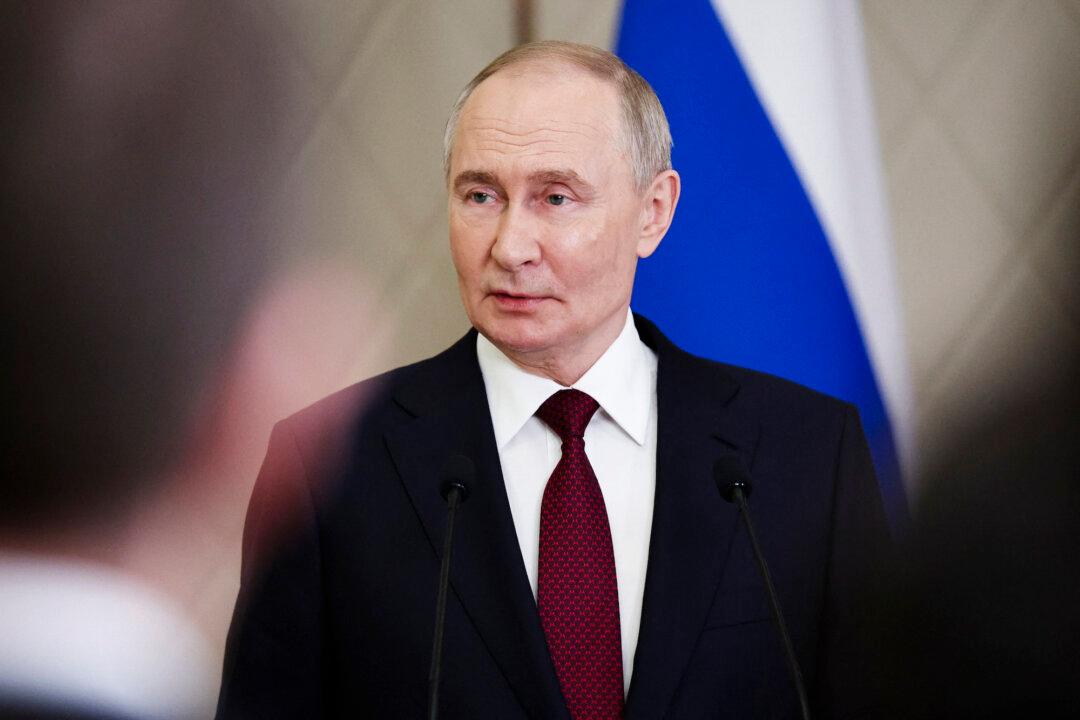Russian President Vladimir Putin on Thursday expressed confidence in U.S. President-elect Donald Trump’s ability to handle the challenges stemming from Russia’s escalating war with Ukraine.
Speaking at a Nov. 28 press conference in Astana, Kazakhstan, the Russian leader suggested Trump could navigate the complexities arising from the Biden administration’s recent decision to allow Ukrainian forces to use U.S.-supplied weapons for strikes inside Russia. Putin said he thinks Trump—whom he called “clever and experienced”—is capable of creating the conditions to fix broken U.S.–Russia ties, while hinting that this could usher in a peace deal with Ukraine.





